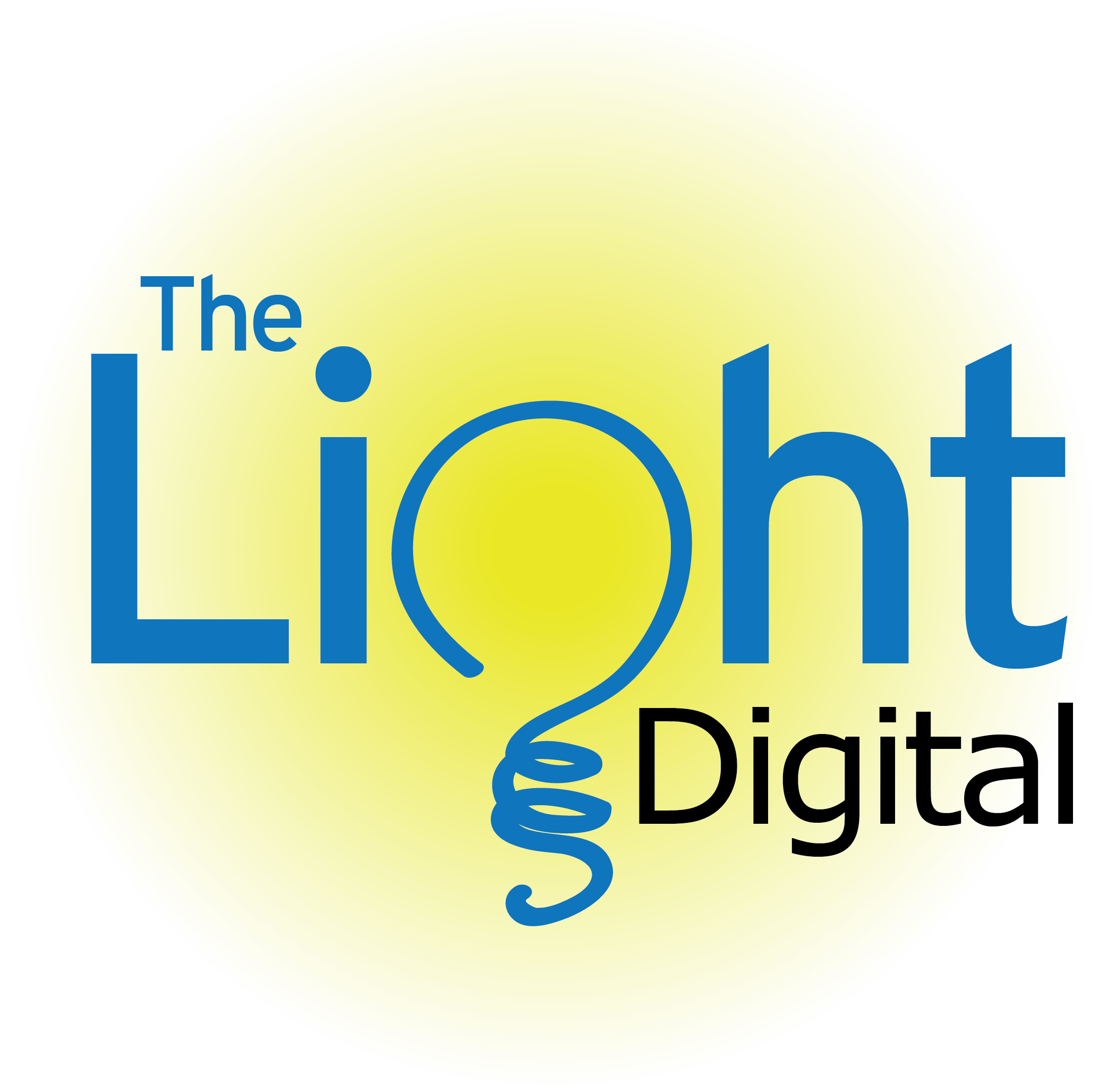Content marketing has tremendous potential to help your business reach its goals. However, to make the most of it, you need more than good content. You also need the strategic and tactical elements in place that will help you make the most of it.
In addition to a content strategy, you’ll also need a content plan.
Here’s a closer look at what a content plan is, how it differs from a content strategy, and how you can use it to turn your content marketing efforts into powerful results.
What Is Content Planning?
Many people use the words “strategic” and “planning” interchangeably. However, they’re not the same thing — especially when we’re talking about content marketing. If you’ve ever asked yourself, “What’s the difference between content strategy and content planning,” you’re in the right place.
Content strategy is high-level. It refers to the vision guiding your content development as it pertains to helping your business reach its objectives and goals. However, vision without execution is worth nothing.
That’s where your content plan comes in.

Content planning refers to the structure a business uses to execute its content strategy. It is the bridge between content strategy and execution, like a map. If everyone is working from the same map, you’ll all be moving in the same direction while avoiding any pitfalls that might arise along the way.
The Components of Content Planning
Content planning is complex, but breaking it down into parts can help you develop an effective and efficient plan. These elements are:
- Production and content workflow: Documenting your workflow ensures that everyone is following the same process to maximize efficiency and minimize obstacles.
- Content calendar: Planning your content calendar helps ensure reliability and consistency while ensuring a desirable content mix.
- Distribution and promotion: All distribution and promotion methods aren’t created equal. Decide which channels you’ll use to connect with your target customers.
- Onboarding and training: Maximize continuity and minimize slowdowns with adequate training and onboarding measures.
- Collaboration: Transparency and communication are critical elements in supporting optimal teamwork.
- Analysis and measurement: Use tracking metrics and sophisticated analytics to optimize outcomes.
The Benefits of Content Planning
Thorough and thoughtful content planning mitigates many of the challenges associated with content marketing, including the following:
-
It can help you create a pipeline of fresh and valuable content.
In addition to helping you avoid replicating content, content planning can also help you assess what’s resonating in order to generate content that speaks best to your target audience.
-
You’ll minimize workflow inefficiencies and maximize productivity.
You can use content planning to organize and prioritize your processes. This, in turn, will help you streamline your efforts and fully leverage your resources.
-
It will give you a better understanding of your audience.
Content marketing acknowledges the importance of understanding buyer pain points so you can use that knowledge to create the most compelling content.
-
You’ll make the most of your content.
Producing a piece of valuable content takes time and effort. Content planning also takes follow-up into account to maintain engagement and broaden reach.
-
You’ll gain an inside edge on your competitors.
The more organized and efficient you are, the better your content marketing outcomes will be. This will give you a critical leg up on your competition.
Content Planning and Content Creation
Keeping up with content creation can also be a challenge. Content planning is useful here, too. In addition to helping you generate engaging topics, it can also help you make sure that your content aligns with your brand and brand promise.

Here are some things to think about as part of your content planning process:
- Are the topics you’re considering in line with your content strategy messaging?
- Will your target audience find a particular topic relevant, useful, and interesting?
- What is the best format for a particular piece of content — for example, video versus an e-book?
- Are there any seasonal (or promotional) considerations that will impact content scheduling?
- What have you learned about your audience preferences based on your data and research?
- How can you repurpose content? For example, can you turn a whitepaper into a series of blog posts?
Five Tips for Creating Your Content Plan
Wondering where to get started when it comes to creating a content plan? Start with these five steps:
-
Know your ideal customers
If you want your target audience to relate to your content, you have to relate to them. The more you know about their likes, wants, needs, and preferences, the better you can put yourself in their shoes to create content that will really speak to them.
-
Define your objectives and set goals
What, specifically, do you hope to accomplish with your content marketing, and what goals will you set to position yourself to reach them?
-
Decide what content to share on what platforms
Social media sites like Facebook, Instagram, YouTube, and LinkedIn have their own pros and cons. Understanding which of these are the best fit for the different types of content you produce can help you make the most of them.
-
Get creative with content topics
What is your target audience looking for from you? One of the best ways to find out what your audience is interested in is to go straight to the source. What is your audience commenting on? What are they sharing? You can also ask them directly what kind of content they want in a social media post or poll.
-
Commit to engaging and earning trust
Producing amazing content is only one part of the equation. To really connect with your customers and build trust, you must also engage with them. Encourage customers to share feedback on blog entries and social media posts, and be sure to respond when they do.
Content marketing is a complex ecosystem, of which content strategy and content planning are two interconnected and essential components. The good news? You’re not on your own when it comes to managing these and other digital marketing initiatives. Whether you’re looking for a website content plan or for more insights on content strategy vs. plan, The Light Digital team is here to help.
To learn more about how we can help you create and implement a content marketing plan or other online initiative, contact us today.





